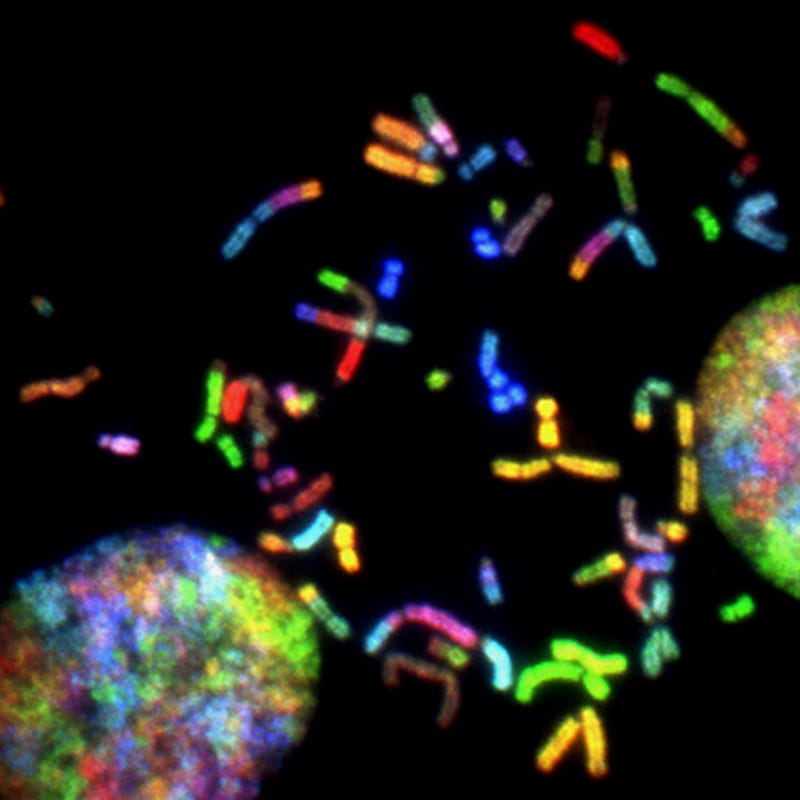Exploring the Link Between Congenital Tooth Loss and Cancer Risk
Written on
Introduction
Recent research from Denmark suggests a surprising correlation between congenital tooth loss and an elevated risk of certain cancers. This article will delve into the findings of this intriguing study.
Background
Tooth loss is a prevalent issue impacting millions worldwide, while cancer remains a significant health concern affecting numerous individuals annually. Prior studies have hinted at a connection between missing teeth at birth and cancer, yet this association has not been thoroughly explored in a broader population context. The new Danish study aims to build upon previous investigations to clarify this potential link.
Study Overview
In this study, researchers analyzed records of individuals born between 1977 and 2018, focusing on the relationship between congenital tooth loss and various cancer types. They meticulously gathered data from different databases regarding missing teeth (excluding wisdom teeth) and instances of cancer diagnoses.

The research encompassed over 2.5 million people, revealing that approximately 2.8 percent experienced congenital tooth loss, while 1.1 percent were diagnosed with cancer at a young age. Among these individuals, 778 exhibited both conditions.
Study Findings: A Troubling Connection
The study discovered that children aged 1 to 3 with missing teeth at birth faced an increased likelihood of developing various cancers, including:
- Acute myeloid leukemia (3.5 times higher risk)
- Neuroblastoma (4.2 times higher risk)
- Kidney tumors (4.6 times higher risk)
- Liver cancer (7.1 times higher risk)
- Muscle cancer (8.8 times higher risk)

For children aged 3 to 6, the risk for muscle cancer (specifically rhabdomyosarcoma) increased 3.5 times, and leukemia risk rose 3.8 times. Those between 10 to 20 years old with missing teeth exhibited a 2.2-fold greater risk of osteosarcoma, a bone cancer. Lastly, young adults aged 20 to 30 faced a heightened risk for appendix (2.5 times) and bladder cancers (3.4 times), while individuals aged 30 to 40 experienced a 2.8-fold increase in colorectal cancer risk.
Implications of Tooth Agenesis
If you have a congenital absence of teeth (tooth agenesis), you are not alone, as this condition is relatively common. Nevertheless, the study revealed a limited number of cancer cases. Even with an increased risk of muscle cancer reaching up to 8.8 times, the likelihood of developing this condition remains low, given that only 400 to 500 children are diagnosed with muscle cancer annually.
Understanding the Biological Connection
The observed link between tooth agenesis and cancer might stem from chance, but certain findings can be explained biologically. The development of teeth is a complex process governed by several signaling pathways, including Wnt, BMP, FGF, Shh, Eda, among others. Intriguingly, the AXIN2 gene has been associated with both tooth anomalies and colon cancer.

Study Limitations
Despite the extensive database created through this registration-based study, it does not establish causality. The possibility of erroneous findings due to chance remains, and prior cancer treatments in very young children could also influence oral health outcomes.
Conclusion
This recent Danish study highlights a potential association between missing teeth at birth and an increased risk of specific cancers. Although the research involved over 2.5 million individuals and indicated that young children with tooth agenesis may be more susceptible to various cancers, it is crucial to recognize that the overall risk of developing these conditions remains relatively low.